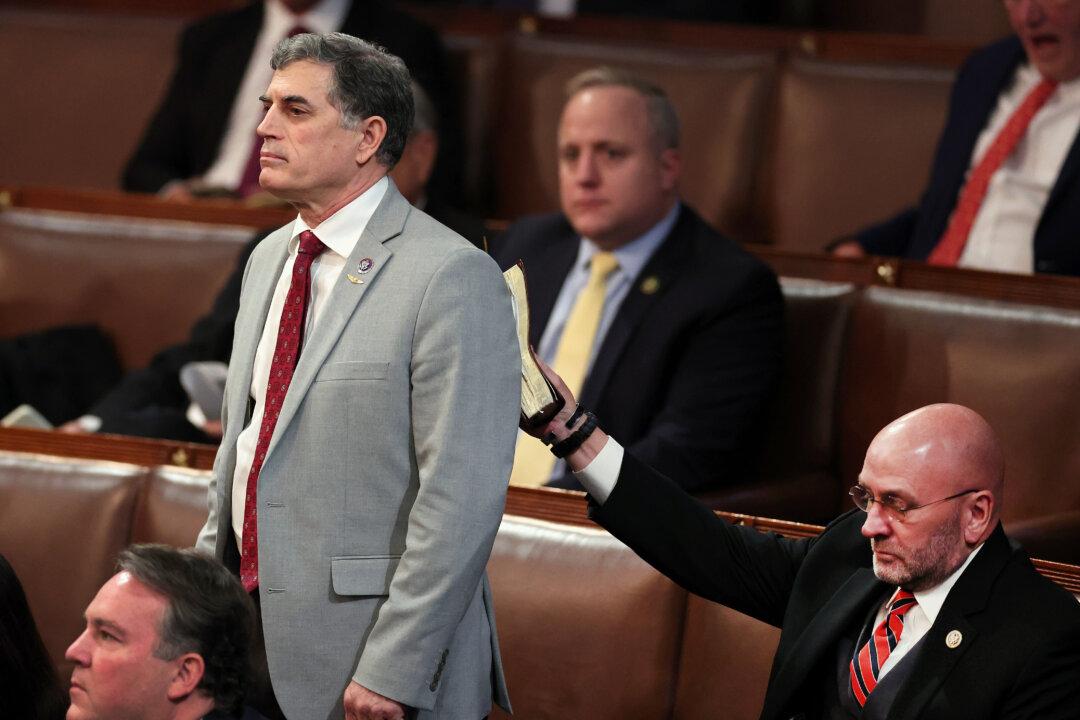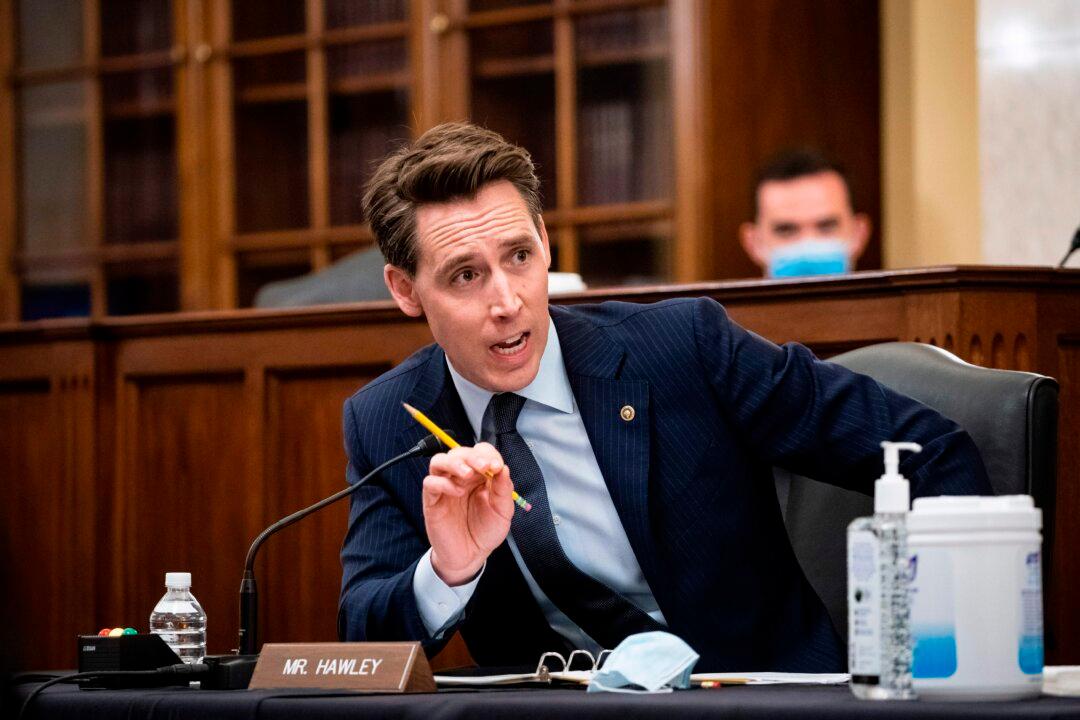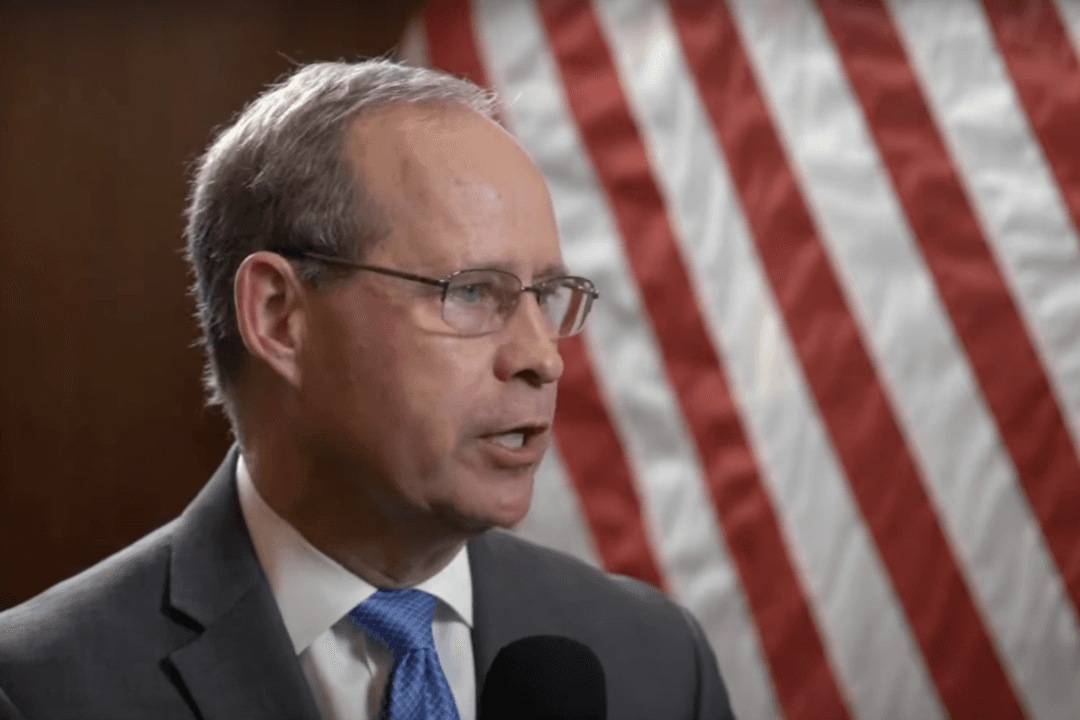The Arkansas House Education Committee passed Gov. Sarah Huckabee Sanders’s education reform bill on Wednesday to create the Arkansas LEARNS Act.
Sanders unveiled Arkansas LEARNS in February, a bill that combines a raise in the minimum teacher salary with other changes including a voucher program directing public money to private schools.





